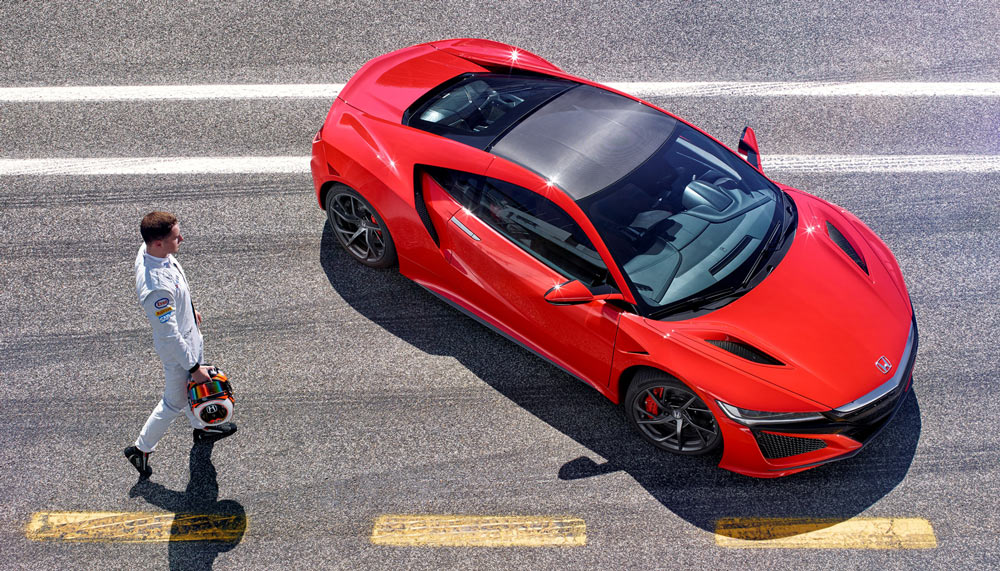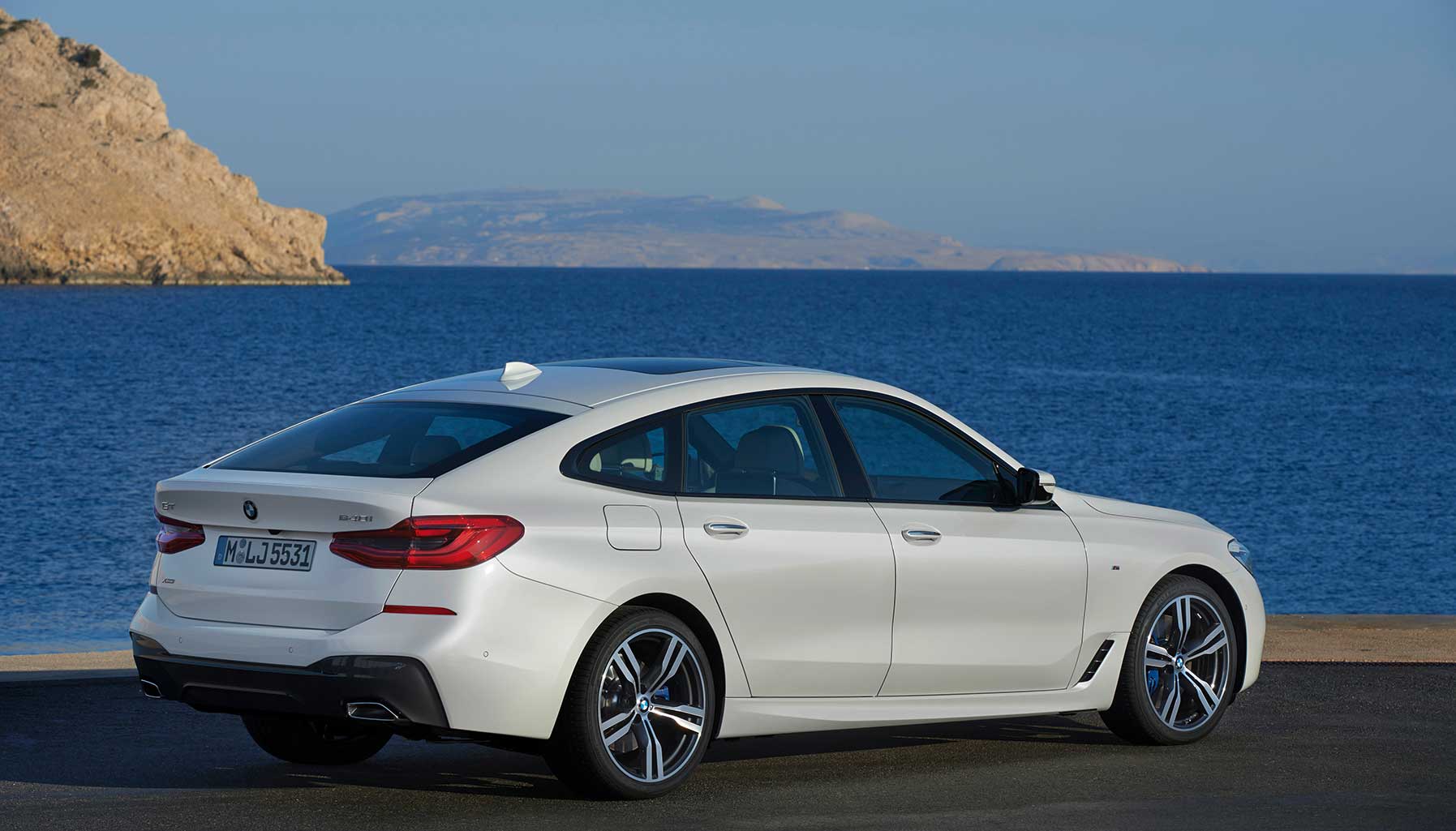The state has also made it illegal to disable traction control on a high-performance sports car
An Australian state wants to make sure anyone driving a supercar on its roads knows what you’re doing.
South Australia plans to regulate the use of “ultra high-powered vehicles” (UHPV) with several new laws, including one requiring a special license, according to The Drive. The thinking is that stricter rules could help mitigate the risk that comes with driving vehicles far more powerful than a regular car.
High-performance sports cars and supercars don’t just look more exotic than the sedans, SUVs and trucks you normally encounter on the road, they also drive differently. As this helpful primer lays out, getting behind the wheel of a vehicle with 500+ horsepower requires a different way of thinking and behaving. The movies may make driving a Ferrari look like a breeze, but it’s a lot more complicated than that thanks to all the power and high-tech systems you have at your disposal—something which some drivers don’t realize.
The catalyst for South Australia’s new law is the 2019 death of 15-year-old Sophia Naismith, who was struck and killed by an out-of-control Lamborghini Huracán. Because of the tragic incident, anyone who drives a UHPV—defined as a car with a power-to-weight ratio over 407 hp per ton and—will be required to get a U-Class license by December 1, 2024. In order to qualify, they must have held a regular car or heavy vehicle license for at least three years and pass an online training course tailored to high-performance sports cars and supercars. The course will cover risk awareness, the utilisation of Advanced Driver’s Assistance Systems and the safe operation of UHPVs.
The new license isn’t the only new law related to high-performance sports cars and supercars. It is now against the law to disable traction control and other driver’s assistance features on a UHPV. Anyone caught doing so will pay a A$5,000 fine. Additionally, if you were in “Sport Mode” at the time of an accident that causes another person serious bodily harm you can now be charged with an “aggravated offense” which comes with harsher penalties.
For now, South Australia is the only state enacting the new supercar laws, which will only apply to its residents. It remains to be seen whether other parts of the country will adopt the regulations, but if they do end up making the region’s roads safer it wouldn’t come as a shock.






